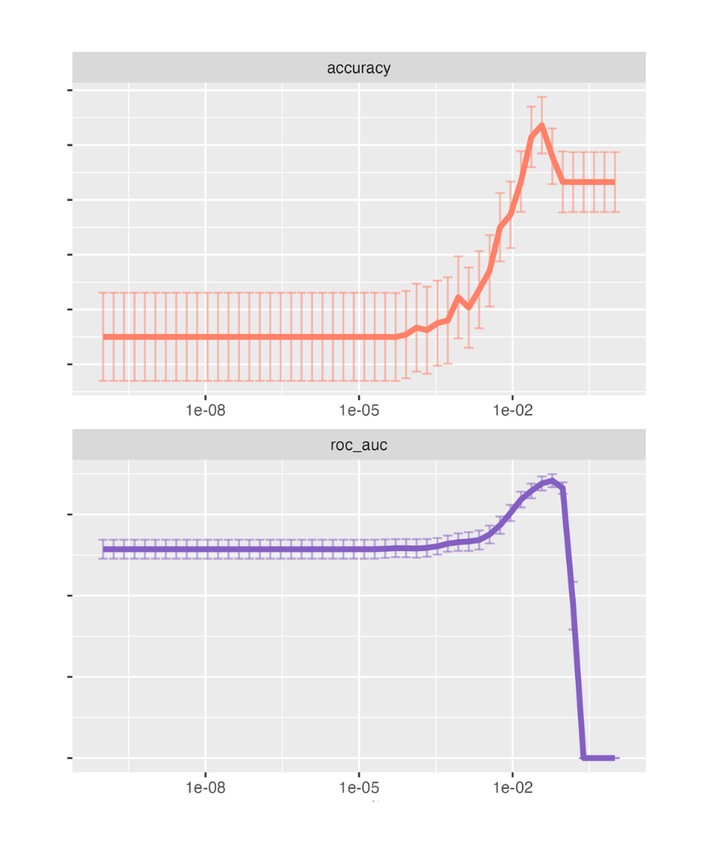Computational Psychiatry
 Made by Yama Chang, 2020
Made by Yama Chang, 2020Gender diverse individuals (i.e., identifying their gender as different from the sex assigned at birth) demonstrate higher rates of non-suicidal self-injury (NSSI) compared to other sexual and gender minority (SGM) populations. Despite the importance of identifying prospective risk factors for NSSI, few studies have examined the longitudinal predictors of NSSI among gender diverse individuals. To address this gap, the current study investigated which factors would prospectively predict past-year non-suicidal self-injurious behaviors among gender diverse individuals.
A supervised machine model based on 10-fold cross-validation of LASSO regularized logistic regressions was built using 31 baseline characteristics. Model features included self-injurious thoughts and behaviors (SITB) related factors, minority stress-related factors, protective factors, mental health factors, and the factors of gender-affirming treatment. Training goal of the model consisted of discriminatory accuracy of presence/absence of NSSI engagement during the 12-month follow-up period.
The model mean cross-validation estimate of the Area Under the Receiving Operating Characteristics Curve suggested an overall good prediction accuracy (AUC, 0.85). Our model suggested the optimal value of tuning parameter “lambda” as 0.03, and selected 8 variables with the strongest association with NSSI: past-year NSSI, past-year NSSI frequency, past-year suicidal ideation, enacted stigma, sense of safety, BSI-GSI, anxiety, and somatization. Lifetime engagement in NSSI, suicidal ideation and suicidal attempts did not emerge as longitudinal predictors in 12-month NSSI.